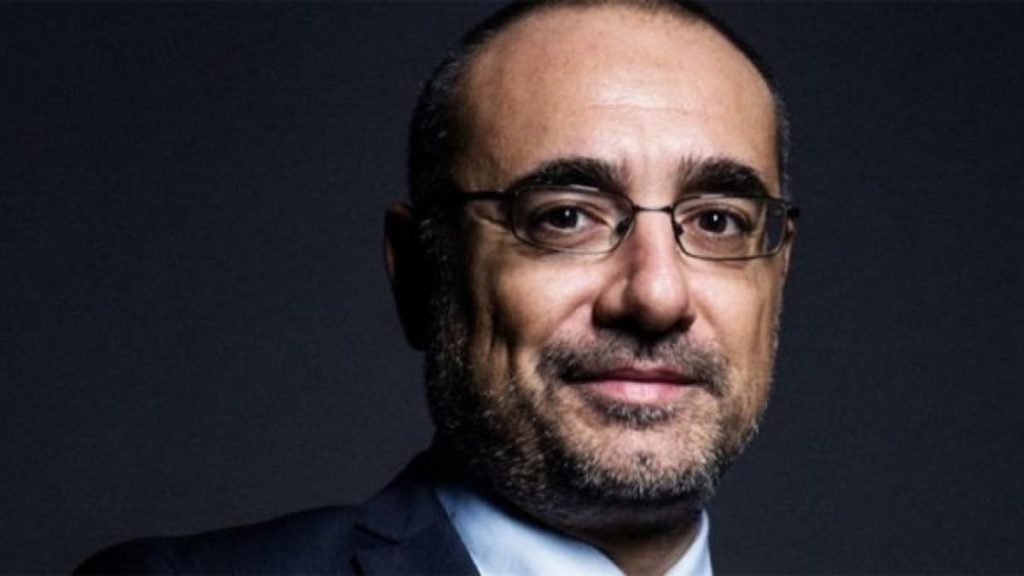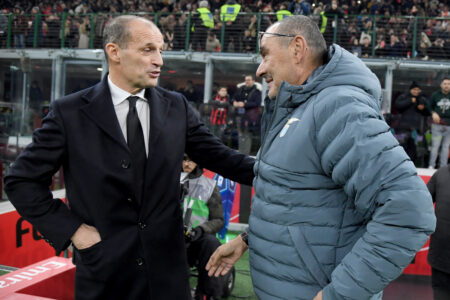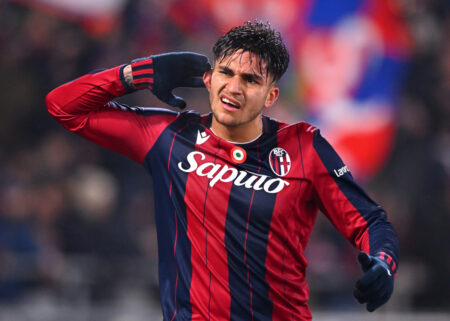Inter Milan’s Financial Turnaround Under Oaktree Capital
Italian football finance expert Marco Bellinazzo, a journalist from Il Sole 24 Ore, has recently declared that Inter Milan has largely resolved its financial problems under the management of Oaktree Capital. Bellinazzo’s statement, shared on Telelombardia, highlights that the club has already covered 90% of its losses, a significant achievement in the wake of the financial turmoil that gripped European football, especially during the early stages of the COVID-19 pandemic.
The Financial Storm and Its Roots
The financial struggles of Inter Milan became evident during the pandemic, but they were exacerbated by the financial difficulties faced by their Chinese parent company, Suning. Suning, a retail giant, was in a dire financial situation that reverberated through the club. As a result, Inter Milan experienced heavy operating losses starting in 2020, a period marked by significant operational challenges and revenue shortfalls across the football industry.
Oaktree Capital’s Intervention
In the spring of 2021, Suning secured a massive loan from North American fund Oaktree Capital, which provided a much-needed financial lifeline to stabilize the club. However, this loan came with a condition: Suning had to put their shares in Inter up as collateral. Despite attempts to refinance the debt, Suning’s efforts proved unsuccessful, leading to Oaktree Capital taking control of Inter Milan in May 2021, when the loan’s due date arrived. This shift in ownership marked a new chapter for the club, one focused on financial stability and long-term planning.
Current Financial Health
Under Oaktree Capital, Inter Milan has made substantial progress in addressing its financial issues. Bellinazzo points out that the club’s 2024 balance sheet boasts record revenues of €470 million, with losses reduced to €36 million. This is a marked improvement from the deficits of hundreds of millions of euros that the club faced during the pandemic. However, Bellinazzo also acknowledges that Inter still carries a significant debt, which results in an annual interest outlay of €30-40 million. While this debt remains a challenge, the club’s current financial health is a testament to the effective measures taken to mitigate the impact of the pandemic and the previous ownership’s financial struggles.
Addressing Misconceptions and League Registration
Rumors have circulated suggesting that Inter Milan might face difficulties registering for Serie A due to financial issues or non-compliance with league regulations. Bellinazzo firmly dispels these rumors, stating that there is no evidence to support such claims. He explains that Inter utilized the same emergency rule-changes available to all clubs during the pandemic-related financial crisis to defer covering their losses. By covering 90% of these losses, the club has positioned itself well to meet the league’s registration requirements and is not at risk of liquidation. Bellinazzo emphasizes that Inter’s financial parameters, including debt, wage bills, and registration, are in line with both Serie A and European regulations.
Future Prospects and UEFA’s Financial Fair Play
Looking ahead, Bellinazzo notes that Inter Milan is well on track to comply with the new UEFA financial rules, which mandate that clubs spend no more than 70% of their revenues on player wages, transfer fees, and agent fees. Inter is currently spending around 60% of its costs on these areas, putting it in a strong position to meet the requirements by 2024. While Bellinazzo acknowledges that there is always room for improvement, he believes that the club’s financial management and compliance with regulations are commendable. He also advocates for more stringent financial rules to ensure the long-term sustainability of clubs, but he maintains that Inter Milan has demonstrated a responsible approach to its finances and is a club to watch with optimism.











